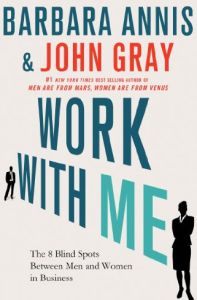
Work with Me
The 8 Blind Spots between Men and Women in Business
ISBN: 9780230341906
Pages: 272
Recommendation
John Gray, author of Men Are from Mars, Women Are from Venus, and Barbara Annis, an expert on gender inclusiveness, discuss “gender blind spots” that generate friction between men and women at work. The authors distributed 100,000 surveys to employees in 60 Fortune 500 companies. They found that women are not as satisfied with their professional lives as men. Women feel excluded from advancement, undervalued and unappreciated. Men say women ask too many questions, take criticism personally and become emotional. The authors advise companies to cultivate “gender intelligence” so men and women can accept and acknowledge their differences as strengths. Even though some of Gray’s and Annis’s advice is obvious common sense, getAbstract recommends these findings to executives seeking an inclusive workplace and to HR professionals who struggle to retain talented employees, especially women.
Summary
About the Authors
Barbara Annis works as a consultant to Fortune 500 companies specializing in Gender Intelligence. Therapist John Gray wrote Men Are from Mars, Women Are from Venus.











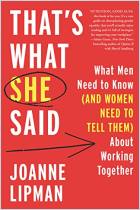
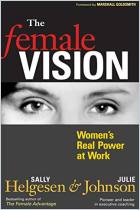
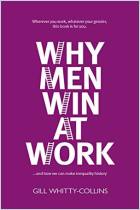
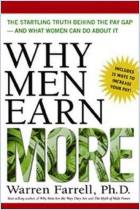
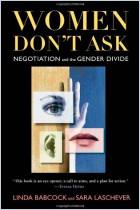
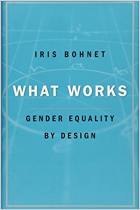


Comment on this summary or Diskussion beginnen
Conclusive scientific findings about sex-linked brain differences have simply not materialised. G. Rippon lucidly expounds this in 'The Gendered Brain: The New Neuroscience That Shatters The Myth Of The Female Brain' (2019)
It's worth noting that a famous study that's widely trotted out as 'conclusive proof' men and women's brains are different, was comprised of just 21 men and 27 women. (R. J. Haier et al. NeuroImage 25, 320–327; 2005). Not exactly a scientific mic-drop by any standards.
My view is that Gray & Annis' book, along with others of their ilk, is aimed at solving problems, but functions mostly to entrench a set of beliefs and behaviours that men and women are socialised into from birth. Beliefs like 'Guys don't listen', and 'Women are nurturing', which inevitably become self-fulfilling prophecies through subtle (and often not-so-subtle) social rewards and punishments.
These are meted out to children and young people who desire to 'fit in' and gain approval from peers and adults. A 3 year old girl who is laughed at and excluded by her playmates for playing with trucks when 'Trucks are for boys' is more than likely to head back towards more socially-acceptable toys in future. We can all think of examples of how this happens in adulthood - men opening up to their mates about their feelings etc.
Anyway, this has turned into a lengthy comment, but basically, my desire is for more business literature to focus on how we can let go of these harmful, strait-jacketing stereotypes, rather than reinforce them.